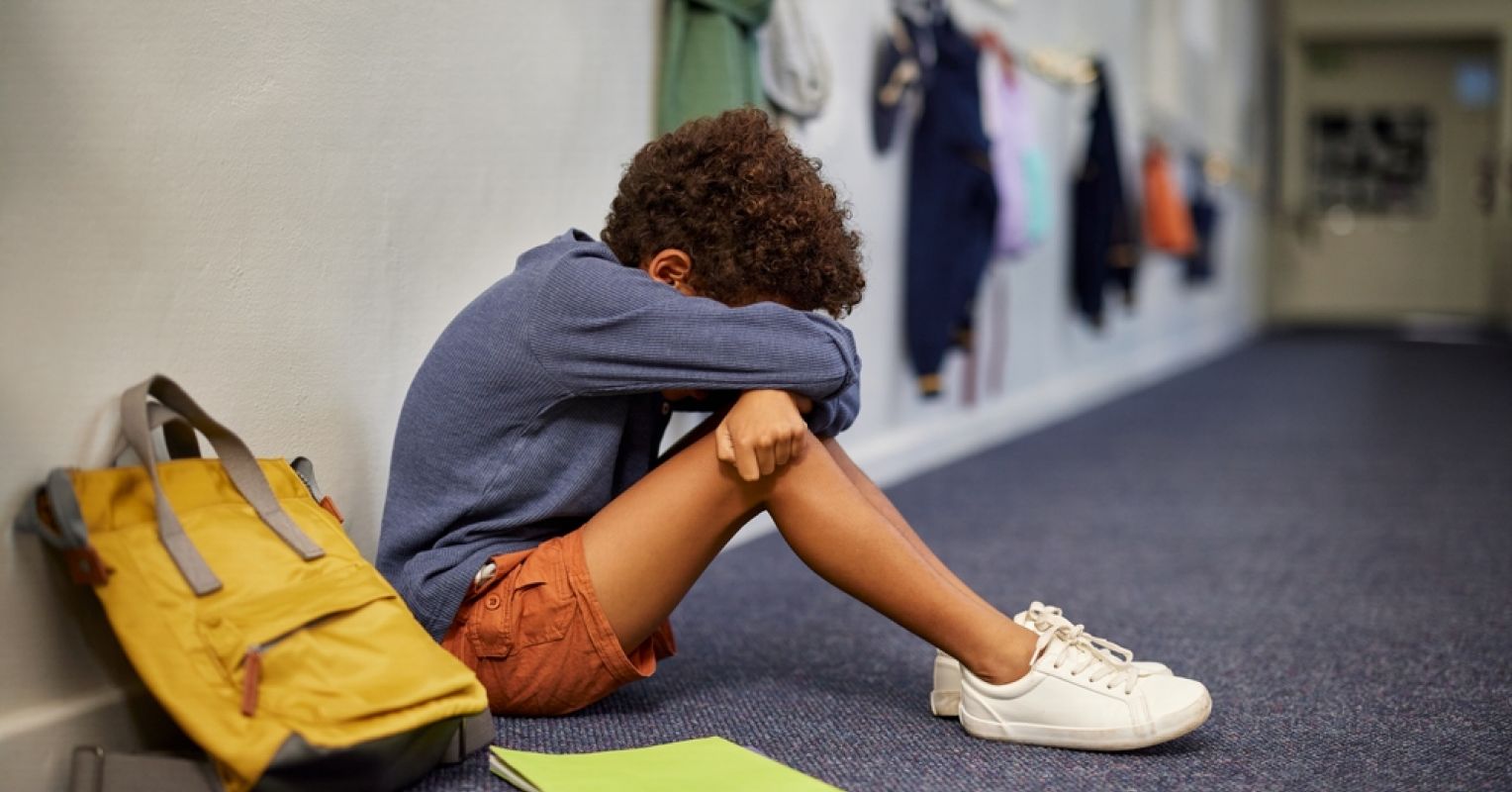
"At the school I help oversee, where school avoidance impacts many students, I've learned that the most important member of this team is you, the caregiver. You are the expert on your child, the historian of what has worked (and what hasn't), their primary support, and the point of contact for professionals. You are the case manager overseeing the team."
"Understanding anxiety also helps everyone lead with empathy and compassion, while staying away from shaming or blaming your child (or you!). Breaking Down Anxiety When the limbic system (the alarm system of your brain) tells the body it is in danger, it sends stress hormones to prepare the body to fight, flee, or freeze. The brain then stores the trigger of the fear so it knows to avoid it in the future."
As many as 5 to 28 percent of students experience school avoidance each year. School avoidance is typically rooted in anxiety and other emotional issues, often triggered by an initial stressor such as a difficult peer interaction, challenging class, or bullying. When the limbic system signals danger, stress hormones provoke fight, flight, or freeze responses and the brain stores triggers that promote future avoidance. A team-based approach is essential to re-engage students, with caregivers serving as case managers, primary supports, and points of contact. Effective treatments include cognitive behavioral therapy and exposure therapy. Caregivers should lead with empathy and self-compassion.
Read at Psychology Today
Unable to calculate read time
Collection
[
|
...
]